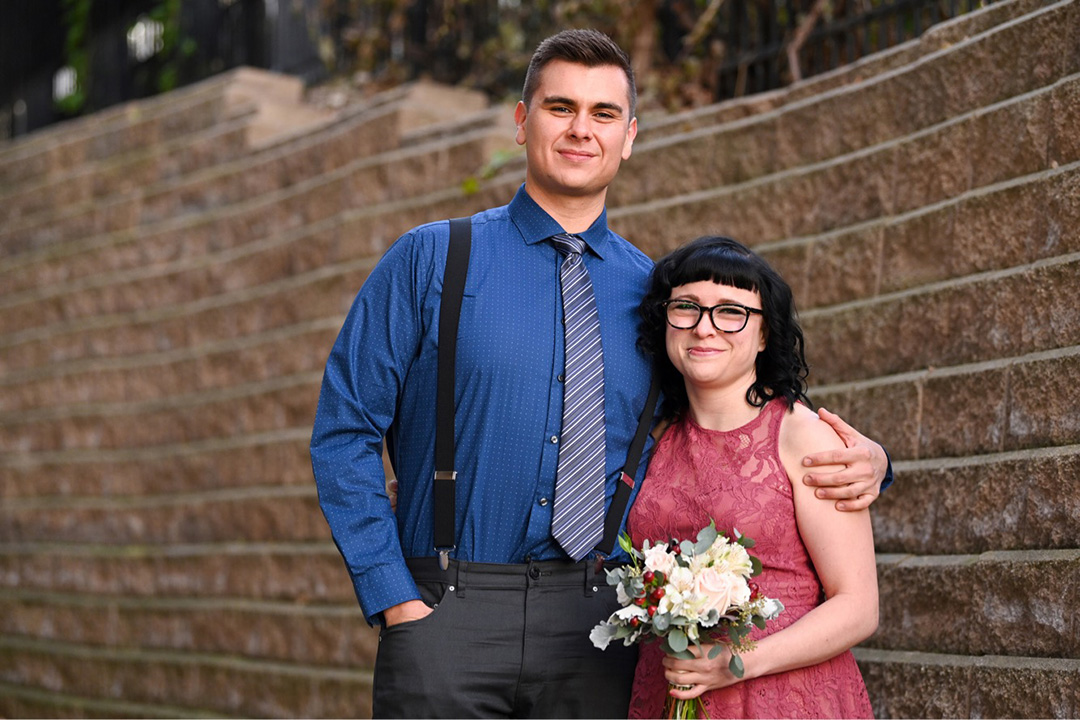
USask Indigenous Student Achievement Awards winner planning to pursue medical imaging and radiology
Travis Black is in his fourth year of the interdisciplinary honours program in mathematical physics, in the College of Arts and Science at the University of Saskatchewan (USask).
By Kim FontaineHe maintains a superior GPA higher than 91 per cent across his major courses. Black has a long list of achievements, including an Interdisciplinary Award in 2019, an NSERC Undergraduate Summer Research Award in 2019 and a research award through the quanTA research centre in 2020. Black also volunteers at Gabriel Dumont Institute and is well respected by his peers.
Black was recognized with an award for Academic Excellence at USask’s Indigenous Student Achievement Awards, which was held virtually on Feb. 4, 2021, to honour USask Indigenous students for their academic excellence, leadership, research, community engagement and resiliency.
The award ceremony was part of Indigenous Achievement Week (IAW), which celebrated the successes and contributions of Métis, First Nations and Inuit students, staff and faculty within the context of this year’s theme: nīkānihk itohtētān, walking together into the future. We asked Black a few questions about his journey at USask.
Why did you choose the mathematical physics program?
I have always been interested in both subjects. When I was younger, I would watch documentaries and read books about physics and our universe. I always wanted to have a better understanding about how the world around us works. I was attracted to math and physics because they seemed to be the basis upon which so much of science is built upon. By studying mathematical physics, I believed I would have a strong foundation for whatever interest I decided to pursue.
What has helped you to stay motivated and committed to your studies?
I am interested in the subjects I am studying and enjoy learning more about them. I have a supportive family who keep me motivated.
How have your studies developed your knowledge, skills and leadership?
The most important skill my studies have taught me are critical thinking and problem solving. I believe the methods used to analyze and approach math/physics problems are applicable to many areas of life.
What are your goals for the future?
I am interested in medical applications of math/physics, such as medical imaging. The topic of topic of my honours thesis is medical resonance imaging. I plan on applying to the College of Medicine with the intent to study medical imaging and radiology.
This year’s Indigenous Achievement Week theme is nīkānihk itohtētān, walking together into the future. What does this mean to you?
I believe we are experiencing an exciting time in history. Brave trailblazers and role models have created a climate in which I am inspired to take pride in my heritage and culture. Going forward, if we work together, we can build a world where Indigenous communities and culture can thrive.
Tell us anything about yourself that you would like us to share.
I am very close with my family. My parents have been an essential source of love and support during my time as a student. I live with my wonderful partner Meagan and our two cats Luna and Ion. I would not be where I am today without all of them.

